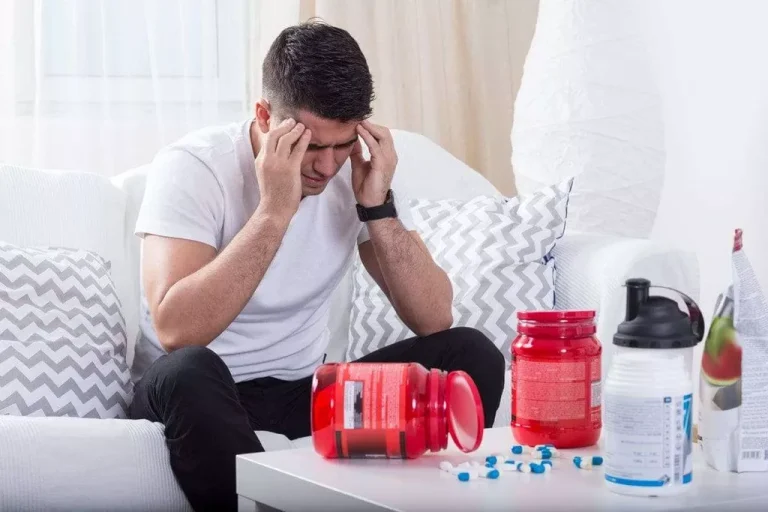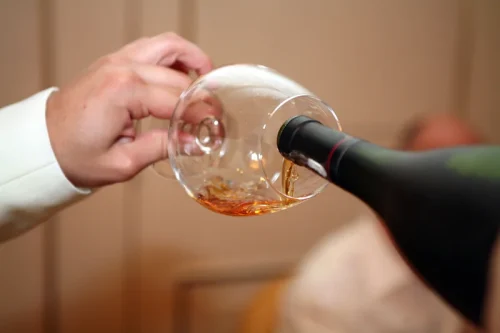
While there is no cure for this condition, avoiding alcohol can help you stay symptom-free and avoid an uncomfortable reaction. You’re more likely to have allergies if you have a family history of allergies. A personal or family history of asthma also increases your chances of developing an allergy.
Can you become tolerant to alcohol over time?
We will also look at what causes alcohol allergies and review the differences between alcohol allergy and intolerance. There are genetic tests that can tell you if you have an ALDH deficiency. Your healthcare provider can order ethanol allergy symptoms this test or you can purchase one through private vendors. White wine tends to contain higher levels of sulfites than red wine and beer. Normally your body produces an enzyme called diamine oxidase (DAO) to break histamine down.
Precautions for Namenda
- An allergic reaction might not occur the first time a person encounters an allergen.
- Certain immune cells release histamine when exposed to an allergen.
- For severe allergic reaction symptoms, such as swelling or trouble breathing, call 911 or your local emergency number right away.
Some people may even have reactions to grapes or corn used to make wine and distilled liquors. Some people may find relief with diamine oxidase (DAO) supplements, which may assist your body in breaking down histamines. Sulfites interact with stomach acid to release an irritant gas called sulfur dioxide, which can cause airway irritation in susceptible individuals. The doctor may refer the person to an allergy specialist for further testing and treatment. The amounts of histamine vary between wines, but generally, there is more histamine in red than white wine.

What is the difference between alcohol allergy and intolerance?
Some health conditions can also cause alcohol intolerance, while others can cause increased alcohol sensitivity. Alcohol intolerance is an immediate unpleasant reaction to consuming alcohol. It typically occurs because of a genetic difference that makes the body unable to break down alcohol efficiently. A person experiencing a severe allergic reaction should go to the emergency room immediately. If a person is allergic to a particular ingredient found in some drinks, they could switch to drinks that do not contain it. A skin prick test should take place in a medical setting in case of a severe allergic reaction.
Alcohol Allergies and Intolerance
People often call alcohol intolerance an alcohol allergy, and vice versa. People who have a true alcohol allergy should avoid drinking alcohol entirely. Most people who have a reaction to alcohol aren’t allergic to it.

- When it doesn’t work, aldehydes build up and causes symptoms like facial redness (hence the flush), hives, a stuffy nose, nausea, and low blood pressure.
- It won’t go away, but by taking some precautions, you can avoid the symptoms and enjoy a healthy, active life.
- There is also an increased risk of liver cancer if you continue to drink while intolerant.
- Symptoms are more likely to be a reaction to the ingredients in a drink, or the alcohol causing other types of allergies to worsen.
- Then you can start again, perhaps trying just one of your go-to drinks at a time.
Taking anti-allergy medicine after consuming alcohol is generally not recommended. Alcohol can enhance the sedative effects of many antihistamines, leading to increased drowsiness or dizziness. Always consult with a healthcare professional before mixing medication with alcohol to avoid potential harmful interactions. Living with an alcohol allergy requires careful management to minimize exposure and control symptoms. This involves understanding your allergy, avoiding alcohol intake, and promptly seeking medical attention when necessary.
You can actually be allergic to exercise

Even a very small amount of the problem food is enough to cause a reaction. A food allergy is when your body’s immune system reacts to a certain food. Your body thinks that food (the allergen) is a threat and tries to attack it. An allergic reaction occurs when you come in contact with an allergen. Your immune system produces antibodies, and when triggered, the antibodies cause the release of histamines and other mediators. So, it’s appropriate to call 911 if you or someone you’re with are experiencing symptoms.
Belsomra and Alcohol: 4 Reasons You Should Avoid This Combination

Because of this, distilled spirits are generally safe for people with yeast allergies. The type of yeast used to ferment many alcoholic beverages and to make dough rise is known as brewer’s yeast or baker’s yeast. Alcohol intolerance is an immediate and unpleasant reaction to consuming alcohol.
- The only way to prevent an allergic reaction is to avoid the substance that causes it.
- After experiencing an allergic reaction to alcohol, consult a doctor for proper diagnosis and guidance on managing alcohol allergies or intolerances.
- This is caused by inherited (genetic) traits usually found in Asians.
- Alcohol allergy can exacerbate symptoms of other allergies such as pollen allergy or drug allergy.
- Common sulfites include potassium bisulfite or potassium metabisulfite.
- If the allergic reaction is more severe, people may require epinephrine, also known as an EpiPen.
Read the ingredient lists of foods and drinks, ask restaurant staff for information about menu items, and avoid products that contain alcohol. Just as there are no true cures for pollen or food allergies, there is no cure for an alcohol allergy. In fact, treatment for an alcohol allergy will focus primarily on any present symptoms (i.e. alleviating rashes with a topical cream).